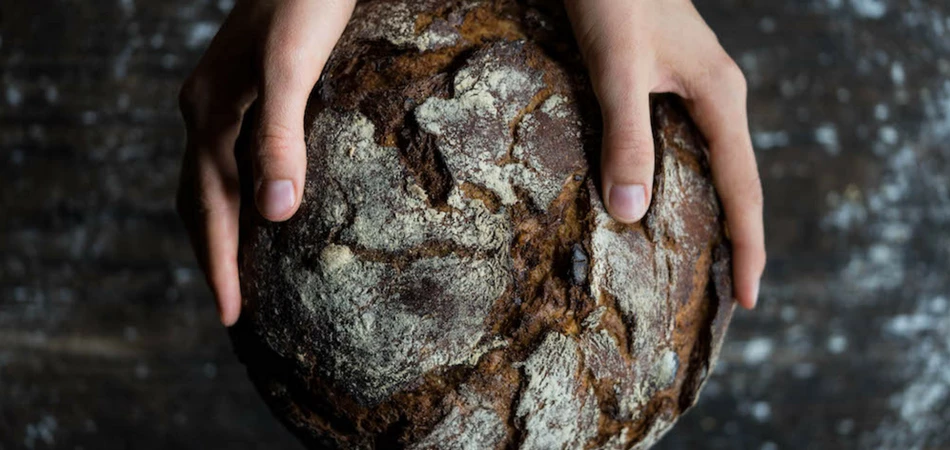
Member Article
The spotlight is on Gluten
Gluten is a hot topic at the moment, many claiming that it is healthier to have a gluten - free diet. Let’s kick things off with some facts.
Gluten is a general name for the proteins found in wheat, rye, barley and triticale (a cross between wheat and rye). It helps foods maintain their shape, acting as a sort of glue that holds food together. Gluten free grains like buckwheat or quinoa and ancient grains like amaranth have recently gained huge popularity with some claiming that they are much healthier than grains containing gluten. People who are allergic to Gluten have an autoimmune disorder known as coeliac disease, this means that eating gluten can lead to serious health complications so it must be avoided in order to stay healthy. Although, only a small number of people have been reported to have coeliac disease in the UK, in fact, it’s about 1% of the population. Some people also experience negative side effects from eating gluten so it is possible to have an intolerance (make sure you see your GP if you’re worried about an allergy or intolerance).
However, unless you have been advised by a health professional not to eat gluten, research suggests a gluten-free diet won’t provide any additional health benefits nor will gluten make you put on weight on it’s own. If you’ve gone gluten-free to lose weight then be aware that it’s unlikely to be the gluten that caused the weight gain in the first place. If weight loss does happen when adopting a gluten-free diet, it’s because many of the foods that have been cut out are also high in fat and sugar – things like pizza with high fat toppings, pasta with creamy sauces, pastry, cakes and biscuits. If you buy gluten-free versions of pizza, pasta and cakes etc, they’re likely to be equally high in saturated fat, salt and sugar, and therefore calories, which can still lead to weight gain.
To sum up, gluten, on it’s own, will not make you put on weight. The healthy choice would be to choose more wholegrain versions like oats and brown rice and products made from them such as wholegrain bread, wholegrain breakfast cereals and whole wheat pasta as they contain a good amount of fibre. Just be sure to still check those food labels, some whole grain products can be high in saturated fat, salt and sugar.
Finally, variety is important because it stops us getting bored and keeps things interesting so if you fancy mixing it up a bit why not try buckwheat or quinoa…they are full of great nutrients too and on their own, they won’t make you put on weight either.
This was posted in Bdaily's Members' News section by Ailsa Brogan-Hewitt .




 test article 123456789
test article 123456789
 hmcmh89cg45mh98-cg45hm89-
hmcmh89cg45mh98-cg45hm89-
 test456456456456456456
test456456456456456456
 test123123123123123123
test123123123123123123
 test xxxdiosphfjpodskhfiuodsh
test xxxdiosphfjpodskhfiuodsh
 Savour the flavour: North Tyneside Restaurant Week returns for 2024
Savour the flavour: North Tyneside Restaurant Week returns for 2024
 Six steps to finding the right buyer for your business
Six steps to finding the right buyer for your business
 Stephen signs off on a special night
Stephen signs off on a special night
 Life’s a Peachaus: Gillian Ridley Whittle
Life’s a Peachaus: Gillian Ridley Whittle
 Making a splash: Phil Groom
Making a splash: Phil Groom
 Making workplace wellbeing a priority
Making workplace wellbeing a priority
 A record of delivery, a promise of more: Ben Houchen
A record of delivery, a promise of more: Ben Houchen